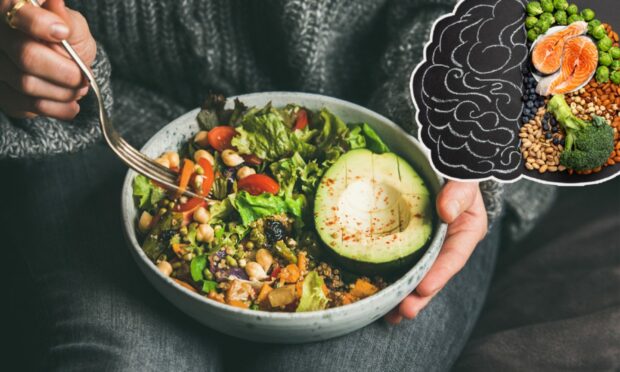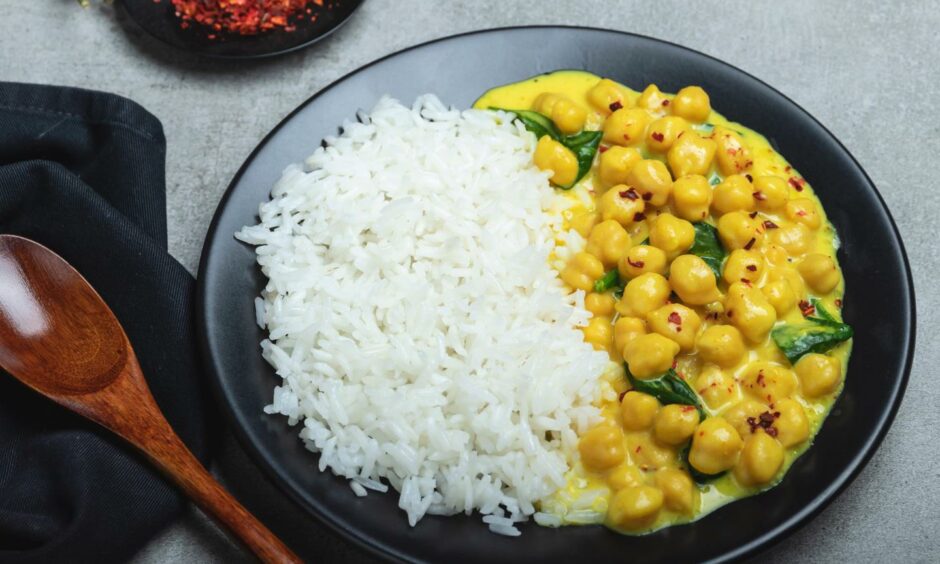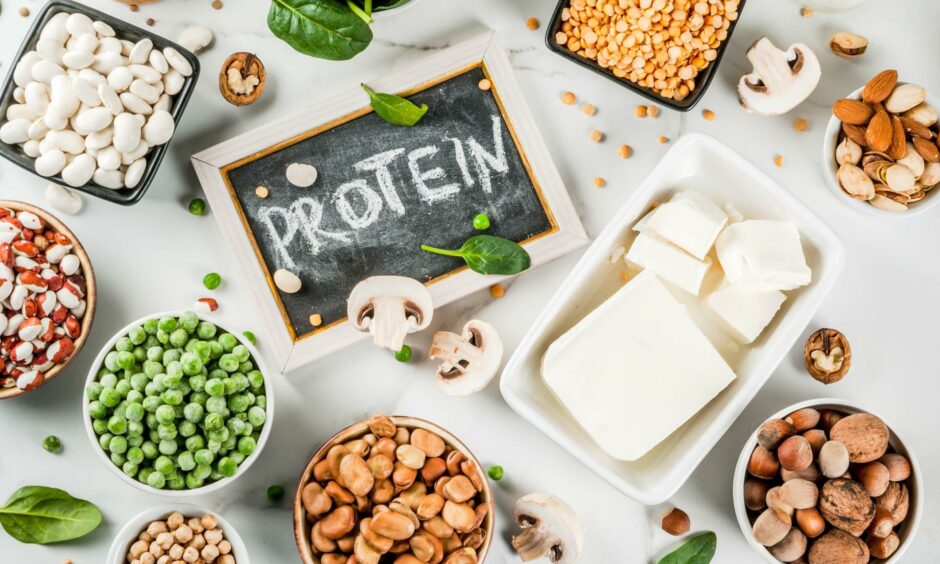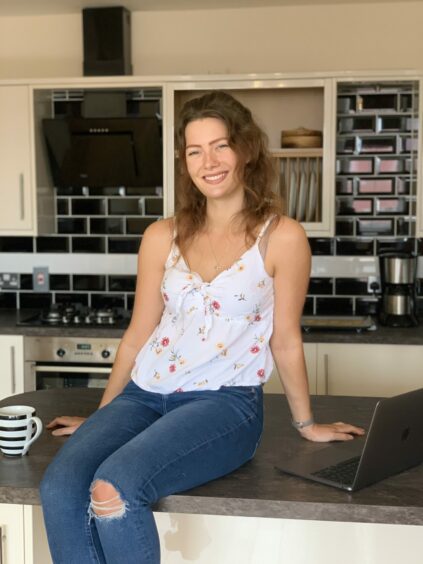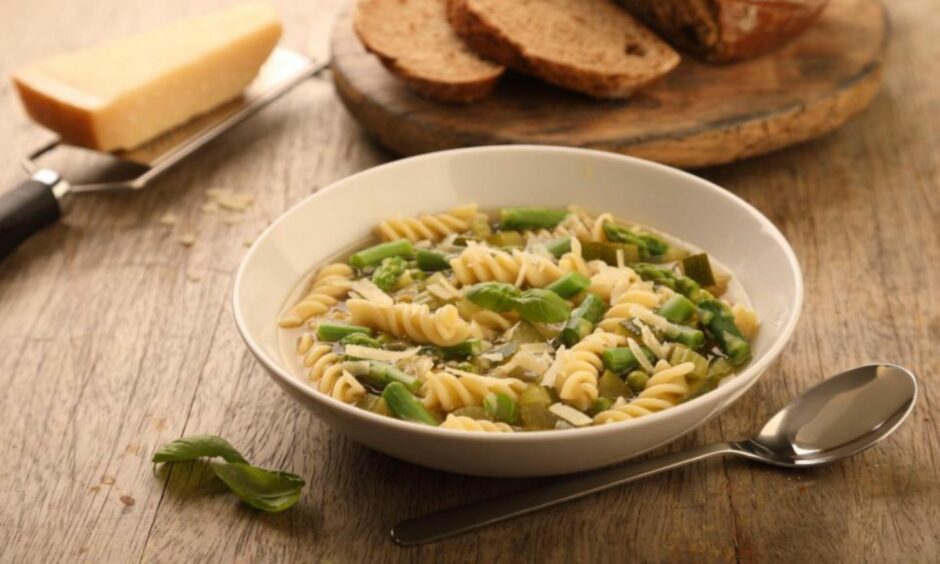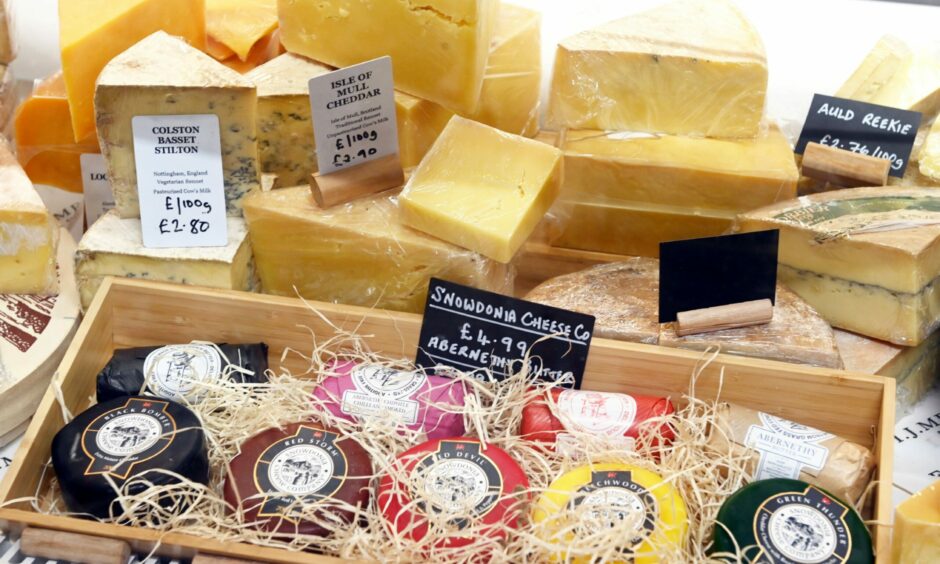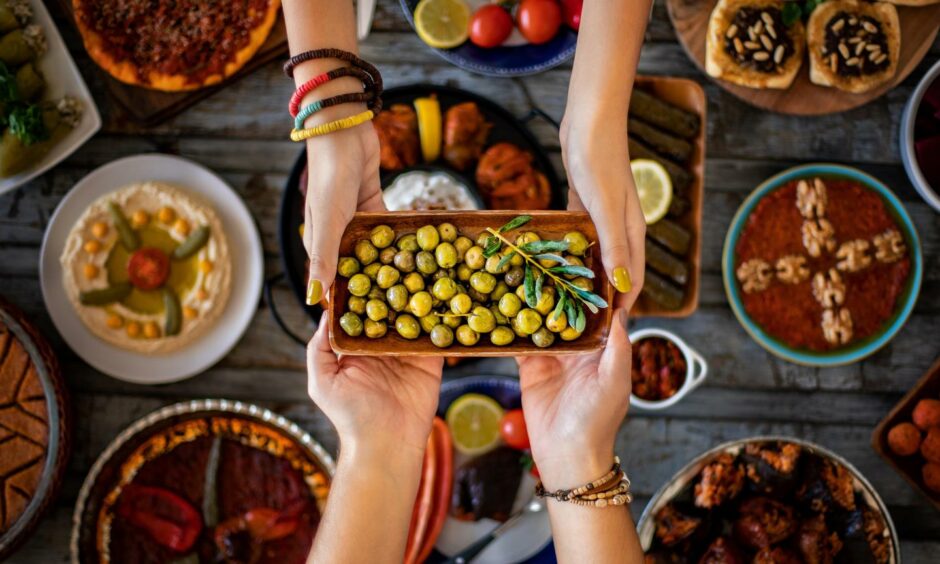In this week’s food behaviour article I explore a vegetarian diet and if following it is as sustainable and healthy a lifestyle choice as it is made out to be.
Vegetarianism dates back long before the 20th century and has been the main diet of choice for many people across different cultures.
As time has gone on, diets from 100% meat to vegan have emerged and have left many people, including myself, wondering what the best course of action is.
With the current costs of living rising and shortages of some foods becoming more apparent due to the war in Russia and Ukraine, following a vegetarian diet, which is said to be more cost effective, doesn’t seem like such a bad idea.
But the question still remains, can you really sustain a vegetarian diet and still remain healthy, strong and satisfied?
What is vegetarianism?
Although this seems like an obvious question, the reality is that the dietary requirements can vary between vegetarians and what they choose to consume or not.
Following a vegetarian diet can have a number of definitions:
- A vegetarian eats no meat, poultry or fish
- A lacto-ovo vegetarian eats dairy products and eggs
- A lacto vegetarian eats dairy products but not eggs
- An ovo vegetarian eats eggs but not dairy products
In many cases the concern over vegetarianism is how those who follow the diet manage to eat enough protein for a balanced lifestyle.
However, aside from these differences vegetarians can find their proteins through beans, pulses, tofu, vegetable protein and tempeh.
What’s it like to be a vegetarian?
Speaking with Aberdeen-based vegetarian, Florence Stanton, she explains the reason she went vegetarian four years ago was for animal welfare and her beliefs around it.
“I am a big animal lover and I can’t stand the thought of an animal dying just to be part of a dry chicken rice and broccoli meal,” she said.
Are there any benefits?
The 25-year-old who works in the oil and gas sector has found the change has made her feel much healthier and has not limited her physical abilities.
She said: “I feel more ‘fresh’, in that my body feels lighter and more energetic.
“I eat a lot of whole foods and minimal fake meat, and I find overall I feel much healthier.
“I’m training for a marathon so I definitely don’t feel I’m lacking energy or protein.”
Is it easy to dine out?
Dining out has been more challenging for Florence since she moved from London to Aberdeen, and finds many restaurants don’t cater as well for vegetarians.
She explained: “Being vegetarian in London was so so easy, but (in) Aberdeen it is far more challenging. It still feels about five to 10 years behind.
“It’s growing and getting there, but oftentimes I think choices are repetitive.
“Also I think a lot of restaurants still treat it as an afterthought and will just serve a mushroom risotto or bland pasta dish.”
Why do you follow this diet over veganism?
When comparing vegetarianism to veganism, Florence finds her vegetarian lifestyle allows her to still enjoy the small pleasures in life.
She said: “I tried veganism but it didn’t work for me.
“Dining out here was almost impossible, and I had to plan every meal perfectly with my workplace also offering poor options.
“Overall I consume very little dairy and try to buy local eggs, but still I can’t turn down the odd bit of cheese.”
Tips and advice
As a final verdict, I would say it is entirely possible to follow vegetarianism and maintain a healthy and balanced lifestyle.
My advice is to ensure you are educated on how to find your relevant proteins, fats, carbs and fibre within your chosen diet.
By consuming the correct types of food, you can still have a healthy and sustainable diet by being vegetarian.
Mariam Okhai is a food and drink journalist who also researches food behaviour.
She has a Masters in Behavioural Science for Management from the University of Stirling. Her undergraduate degree was in Psychology and Business Economics with Marketing.
She is also a certified habit coach.
You can find out more about her research on her Behavioural Foodie website.
